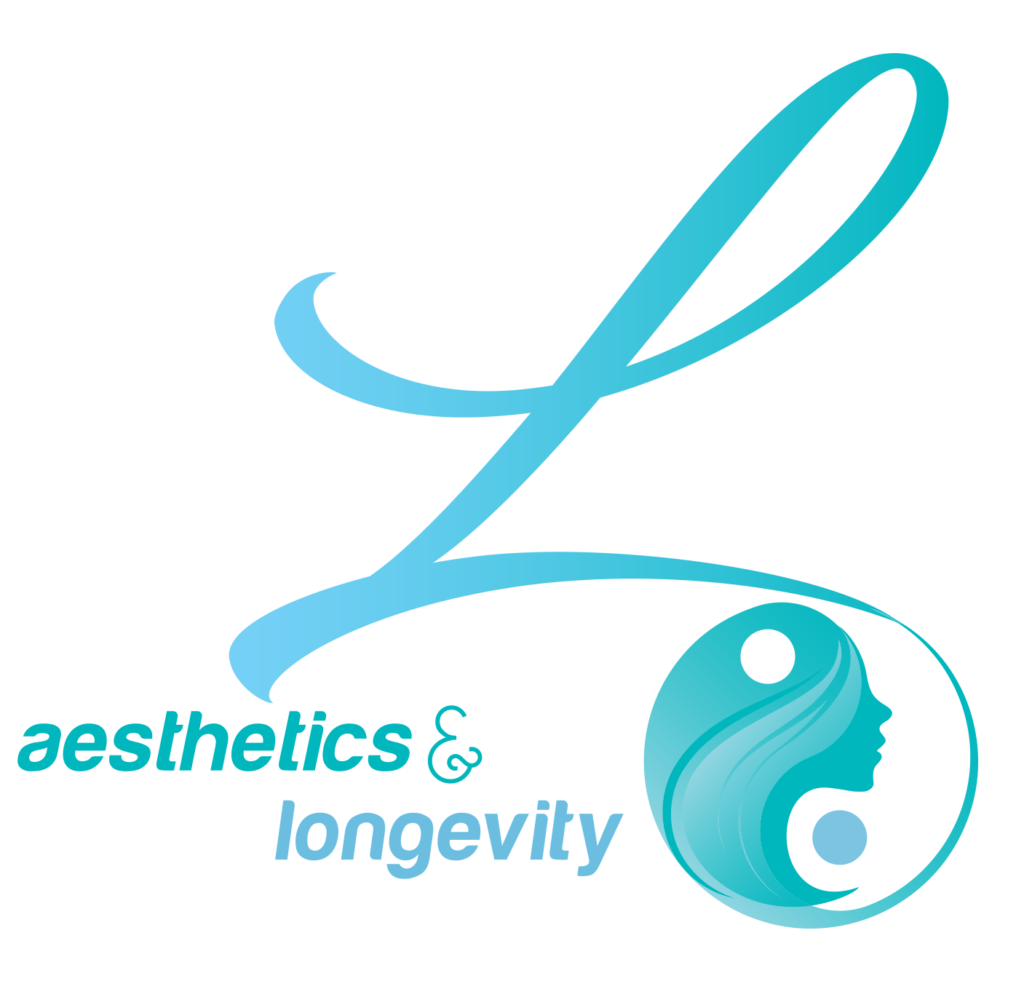When it comes to maintaining healthy and radiant skin, we often hear about the importance of skincare routines, diet, and hydration. One dietary factor that has gained attention in recent years is the consumption of dairy products and its potential impact on skin health. Dairy is a staple in many diets around the world, but could it be affecting your skin? In this article, we will explore the complex relationship between dairy and skin health.
Understanding Dairy Products
Dairy products encompass a wide range of foods derived from milk, including milk itself, cheese, yogurt, and butter. While they provide essential nutrients such as calcium, vitamin D, and protein, they also contain components that have been linked to various skin issues.
The Dairy and Acne Connection
One of the most debated topics in the context of dairy and skin health is its association with acne. Several studies have suggested a potential link between dairy consumption and acne, particularly in adolescents and young adults. The mechanism behind this association is thought to involve hormones and growth factors present in dairy products, which may influence oil production and inflammation in the skin.
The Role of Hormones
Dairy products often contain hormones like estrogen, progesterone, and insulin-like growth factor-1 (IGF-1). These hormones can disrupt the natural balance of hormones in the body, potentially leading to increased sebum (oil) production in the skin. Excess sebum production is a known contributor to acne development.
Inflammatory Responses
Another factor to consider is the inflammatory response that dairy products may trigger in some individuals. Inflammation is a known driver of various skin conditions, including acne, eczema, and psoriasis. Consuming dairy products can potentially exacerbate inflammation in the body, leading to skin problems.
Lactose and Skin Sensitivity
Some people are lactose intolerant, meaning they have difficulty digesting lactose, the sugar found in milk. When lactose-intolerant individuals consume dairy products, they may experience digestive issues, such as bloating, gas, and diarrhea. These gastrointestinal problems can sometimes manifest as skin issues, such as rashes or hives, due to the body’s inflammatory response.
Dairy and Skin Health: Individual Variability
It’s essential to emphasize that the relationship between dairy consumption and skin health is highly individualized. While some individuals may experience skin problems linked to dairy, others may not notice any adverse effects. Genetics, overall diet, and lifestyle factors all play a role in how dairy affects an individual’s skin.
Making Informed Choices
If you suspect that dairy might be affecting your skin, consider these steps:
1. Keep a Food Diary: Tracking your diet and any skin reactions can help identify potential triggers.
2. Consult a Dermatologist: If you have persistent skin issues, consult a dermatologist who can provide personalized advice and treatment options.
3. Experiment with Dairy Alternatives: There are numerous dairy-free alternatives available today, such as almond milk, coconut yogurt, and dairy-free cheese. These can be suitable replacements for traditional dairy products.
4. Moderation is Key: If you’re not ready to eliminate dairy entirely, consider reducing your intake and consuming it in moderation.
The relationship between dairy and skin health is complex, and its effects can vary significantly from person to person. While some individuals may experience skin issues associated with dairy consumption, others may not be affected at all. If you suspect that dairy is impacting your skin negatively, it’s essential to consult with a healthcare professional for guidance on making dietary changes that best support your skin health. Remember that maintaining a balanced diet, staying hydrated, and following a proper skincare routine are all essential components of achieving and maintaining healthy, radiant skin.
